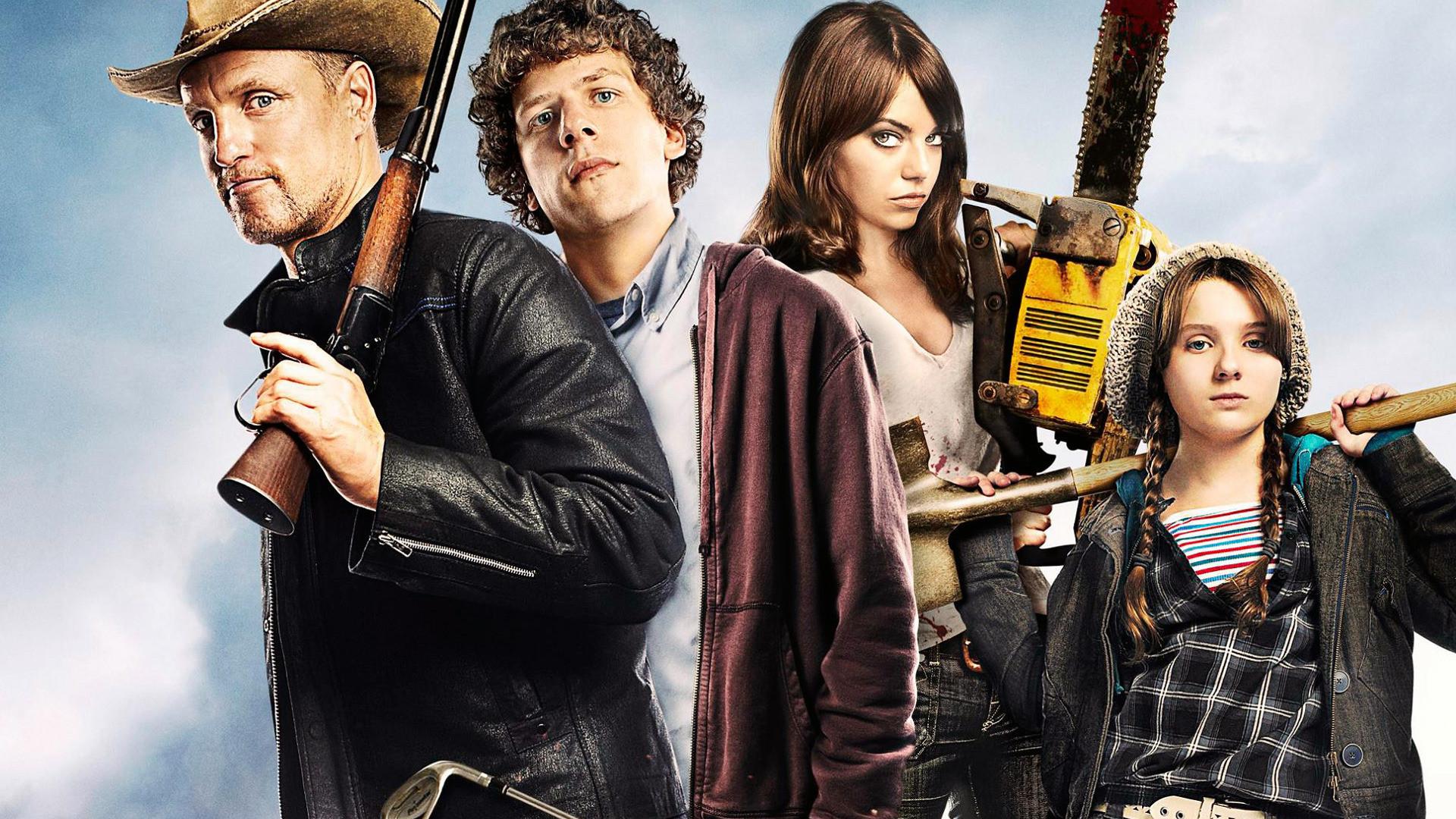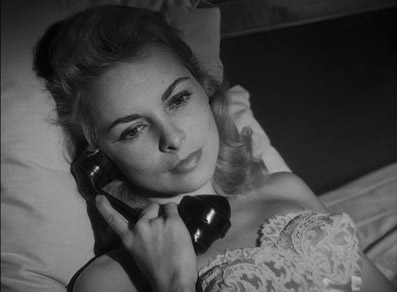It was recently announced that another RoboCop film-entitled RoboCop Returns- is in development with Neil Blomkamp attached to direct. What intrigues me about this announcement is it's not another remake or re-imagining but a direct sequel to the original, essentially ignoring RoboCop 2 and 3, and based on a story by the writers of the original film, Edward Nuemeier and Michael Miner. Nuemeier and Miner wrote a script for RoboCop 2, which was never used. Justin Rhodes- who wrote the new Terminator film in production- will be writing the screenplay
I know for many Blomkamp is a director who made one good movie (District 9) and hasn't made anything worthwhile since. I agree Blomkamp hasn't completely lived up to his promise; both Elysium and Chappie partly felt like attempts to replicate District 9's success. However, I do believe he's a talented director and working from another writer's script may be beneficial. Also, Blomkamp is somewhat of a spiritual heir to Paul Verhoeven who directed the original. Like Verhoeven Blompkamp blends social commentary and gory violence, though with all together different aesthetic.
This isn't the first time a franchise film has ignored previous sequels. Superman Returns acted as alternate Superman 3 to the first two Christopher Reeve films; the upcoming Halloween (with Jamie Lee Curtis returning) is ignoring everything post John Carpenter's original, nixing the brother-sister twist regarding Michael Myers and Laurie. Funnily enough, Blomkamp wanted to make a follow-up to Aliens with Sigourney Weaver, disregarding David Fincher's controversial Alien 3. I was worried that Blomkamp just wanted to do Aliens again, even though I still want Weaver to come back for another film. Ideally, RoboCop Returns won't just be Blomkamp remaking the original but expanding upon its themes- similar to Blade Runner 2049.
.
I'll freely admit I'm more of a fan of the DCEU than the MCU, despite the behind the scenes problems and reshuffling constantly going on at Warner Bros. I'm also one of those people who want to see Zack Snyder's cut of Justice League, despite having fun with the theatrically released version. With that said, it's a little odd to be getting two Joker movies, one with the already established Jared Leto version from Suicide Squad and an origin film set a different continuity, starring Joaquin Phoenix and directed by Todd Phillips, with Martin Scorsese on board as a producer. But I do like that DC is further distancing itself from the MCU, with movies set in alternate continuities, which reflects DC Comics history.
While I was excited for Leto's performance in Suicide Squad I was a little disappointed in the depiction of the character, though in a better written and realized film I think he can be great. I love Phoenix as an actor, and I've always have since seeing in M. Night Shyamalan's Signs back in 2002. I think he's a perfect fit for the Joker.
The problem I have is this film is to be a Joker origin story. I feel the Joker works best without a origin story. It differentiates him from Batman's other villains and super villains in general. The Joker isn't defined by a tragic past or any psychological motivation, which makes him the complete opposite of Batman, who is all about having a tragic past and psychological motivations. Batman wants to control the chaos of his mind and the world, while the Joker is an "agent of chaos," as Heath Ledger's Joker proclaimed himself in The Dark Knight. And a big part of what made Ledger's Joker great is the character's ambiguous nature. Were any of the stories he told true, were some aspects true, can he not even remember? In Alan Moore's seminal graphic novel The Killing Joke the Joker says he prefers his backstory to be "multiple choice," casting doubt on the backstory we're given in the story.
I'm also not excited about Phillips directing. though I see how his background in directing gritty comedies about masculinity does fit. It's just I'd be more enthusiastic if someone like Fincher or Denis Villenueve was behind the camera.
Almost a decade later, a sequel to Zombieland has been officially announced, with the original cast members (Jesse Eisenberg, Woody Harrelson, Emma Stone, and Abigail Breslin) all returning, as well as original director Ruben Fleischer. I don't know exactly what you do with a sequel to this property. I really liked the original when I first saw it but it essentially was a re-worked TV pilot made in to a movie. Certainly, Eisenberg and Stone are bigger names than they were in 2009. Back then he was probably still seen as the ''poor man's Michael Cera'' and she was still the ''girl from Superbad.'' It'll be weird seeing them back in these parts, particularly Stone who to me always comes across as just being Emma Stone. Given the gap in time between movies, especially in regards to Breslin- I assume this movie will be ten years post the original, so I'd be kind of interested in what the world of the original looks like now. Maybe civilization has rebuilt itself though the charm of the original came from it being a four-hander. I think it's best to not incorporate too many new characters. Keep it simple.
Almost a decade later, a sequel to Zombieland has been officially announced, with the original cast members (Jesse Eisenberg, Woody Harrelson, Emma Stone, and Abigail Breslin) all returning, as well as original director Ruben Fleischer. I don't know exactly what you do with a sequel to this property. I really liked the original when I first saw it but it essentially was a re-worked TV pilot made in to a movie. Certainly, Eisenberg and Stone are bigger names than they were in 2009. Back then he was probably still seen as the ''poor man's Michael Cera'' and she was still the ''girl from Superbad.'' It'll be weird seeing them back in these parts, particularly Stone who to me always comes across as just being Emma Stone. Given the gap in time between movies, especially in regards to Breslin- I assume this movie will be ten years post the original, so I'd be kind of interested in what the world of the original looks like now. Maybe civilization has rebuilt itself though the charm of the original came from it being a four-hander. I think it's best to not incorporate too many new characters. Keep it simple.
So, what are your thoughts on these upcoming projects? Comment below and let me know.





